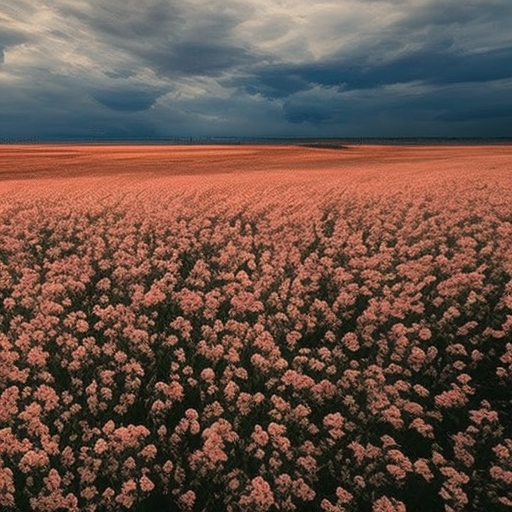The Boy Who Harnessed the Wind: A Tale of Resilience and Ingenuity
Main Cast and Crew:
- Director: Chiwetel Ejiofor
- Writer: Chiwetel Ejiofor (screenplay), William Kamkwamba (book)
- Key Actors: Maxwell Simba as William Kamkwamba, Chiwetel Ejiofor as Trywell Kamkwamba, Aïssa Maïga as Agnes Kamkwamba, Lily Banda as Annie Kamkwamba
- Music Director: Antonio Pinto
- Director of Photography: Dick Pope
- Producers: Andrea Calderwood, Gail Egan, Chiwetel Ejiofor
The Boy Who Harnessed the Wind is a powerful and inspiring drama directed by Chiwetel Ejiofor. Based on the true story of William Kamkwamba, the film takes us to the rural village of Wimbe in Malawi, where a young boy’s determination and resourcefulness change the course of his community.
The story revolves around William Kamkwamba, brilliantly portrayed by Maxwell Simba, a bright and curious teenager with a passion for science. When a severe drought strikes his village, leading to famine and despair, William’s family struggles to survive. Forced to drop out of school due to financial constraints, William finds solace in the local library, where he discovers books on engineering and renewable energy.
Driven by his desire to help his family and village, William embarks on a mission to build a wind turbine that can generate electricity and pump water for irrigation. Despite facing skepticism and opposition from his community, including his own father, Trywell Kamkwamba (played by Chiwetel Ejiofor), William perseveres, using his ingenuity and resourcefulness to gather the necessary materials and knowledge.
The film beautifully captures the struggles and triumphs of William’s journey. We witness his determination to overcome obstacles, his unwavering belief in the power of education, and his ability to unite his community in the face of adversity. Through his invention, William not only brings hope and prosperity to his village but also inspires a generation to dream big and strive for a better future.
Themes and Motifs:
The Boy Who Harnessed the Wind explores several central themes, including the power of knowledge, the importance of community, and the resilience of the human spirit. The film highlights the transformative potential of education, showing how access to information can empower individuals to create change and improve their lives.
Additionally, the movie emphasizes the significance of community support and collaboration. William’s journey is not a solitary one; it is through the collective efforts of his family, friends, and neighbors that his dream becomes a reality. The film underscores the idea that unity and cooperation are essential in overcoming challenges and achieving progress.
Reception and Legacy:
Upon its release, The Boy Who Harnessed the Wind received critical acclaim for its heartfelt storytelling and powerful performances. Chiwetel Ejiofor’s directorial debut was praised for its authenticity and its ability to capture the spirit of William Kamkwamba’s remarkable story.
The film garnered several awards and nominations, including the BAFTA Award for Outstanding Debut by a British Writer, Director, or Producer. It also left a lasting impact on audiences, inspiring many to learn more about renewable energy and the importance of education in developing communities.
Recommendation:
The Boy Who Harnessed the Wind is a must-watch film that combines a compelling narrative with strong performances. It serves as a reminder of the power of resilience, determination, and the human spirit. This inspiring true story will leave viewers feeling uplifted and motivated to make a difference in their own communities.
Memorable Quote:
“When you want to succeed as bad as you want to breathe, then you’ll be successful.” – William Kamkwamba












